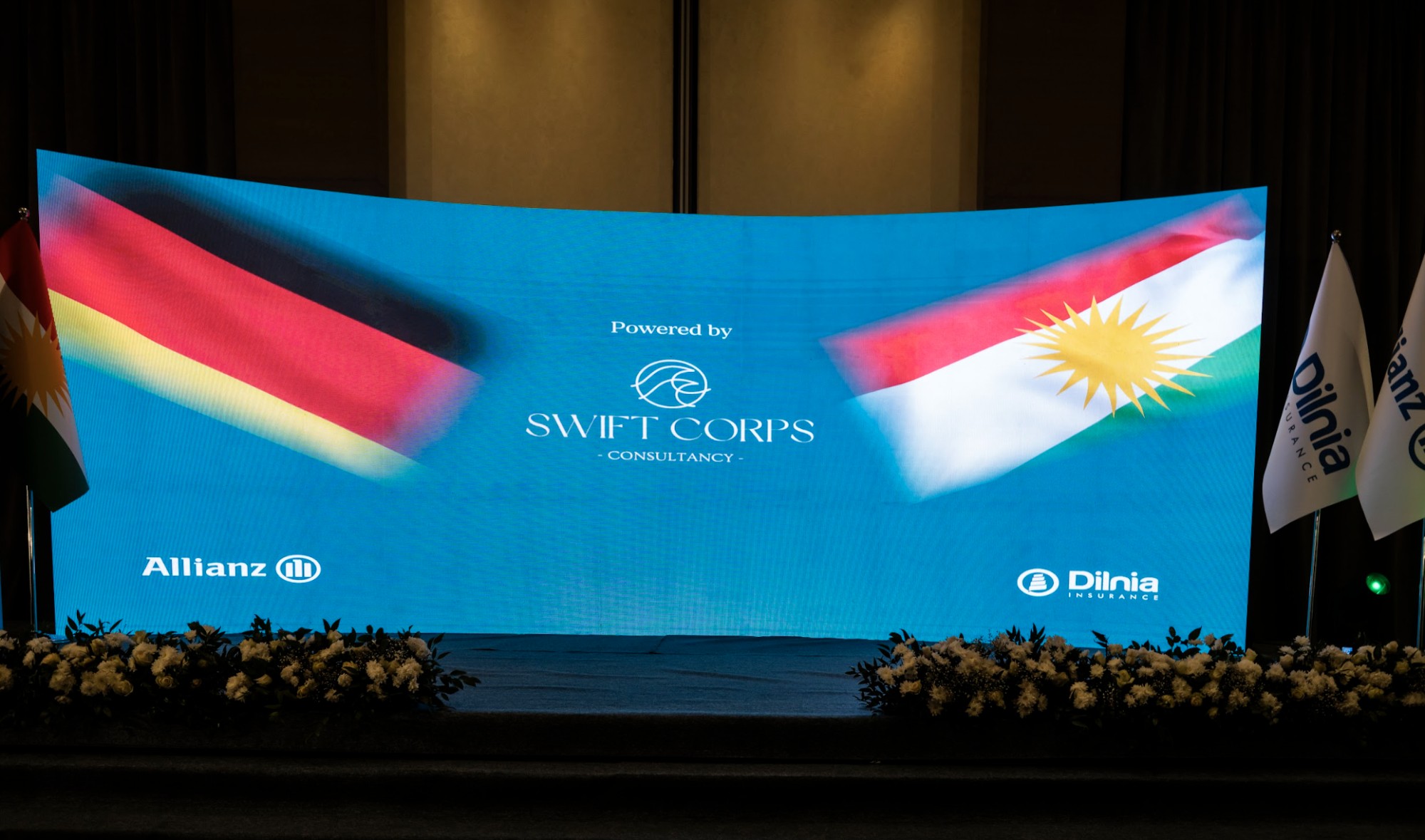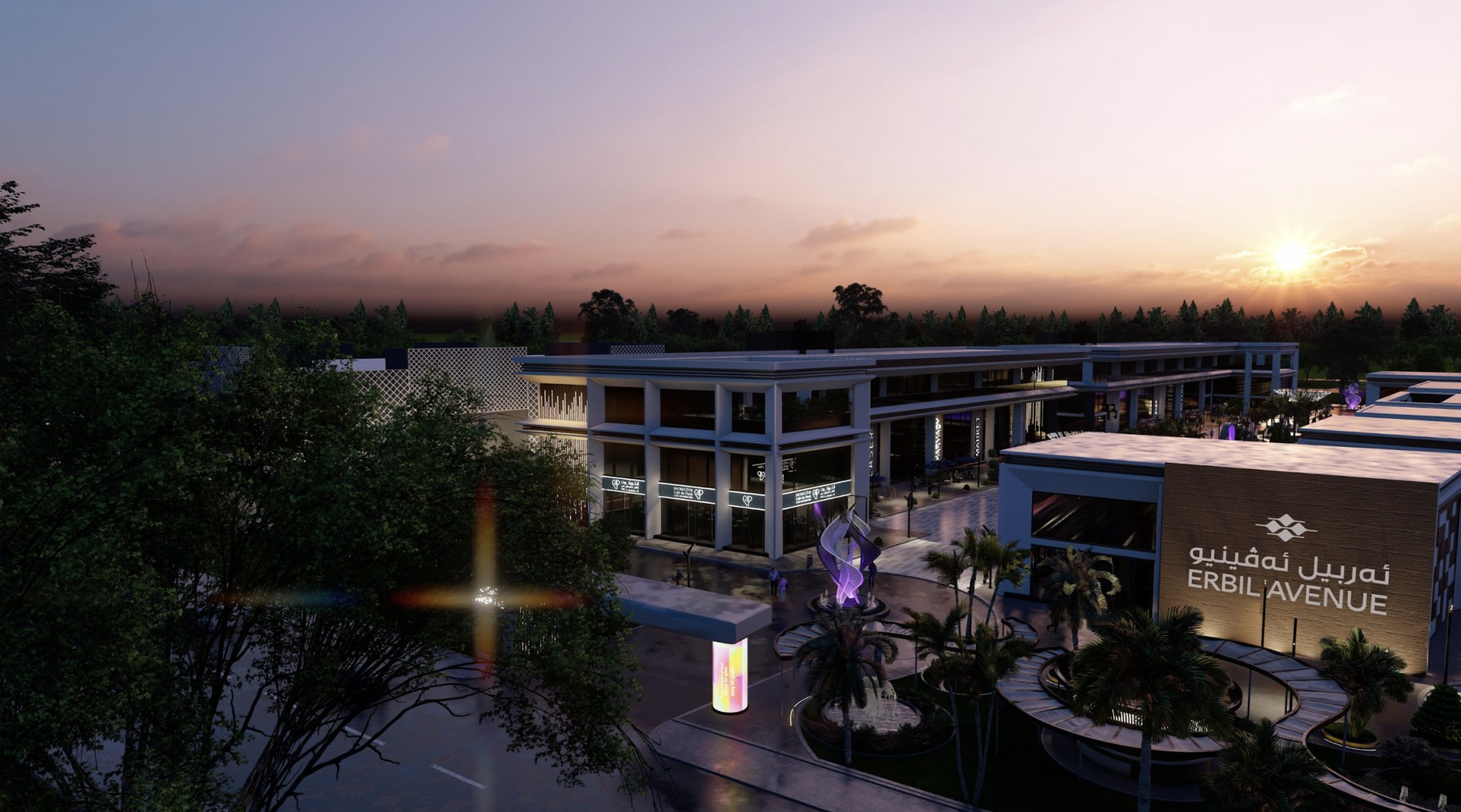Like many parts of the world, the Kurdistan Region is grappling with the impact of climate change. In response, the Kurdistan Regional Government (KRG) has developed a comprehensive strategy that adheres to guidelines presented at international conferences on climate change mitigation. A key principle of the KRG is that the environment is its greatest asset, a principle wholly embraced by the Ninth Cabinet since its inception. This commitment has placed the Kurdistan Region on the global map of efforts to combat climate change, with sustainability and clean energy production set to become key areas of growth in coming years.
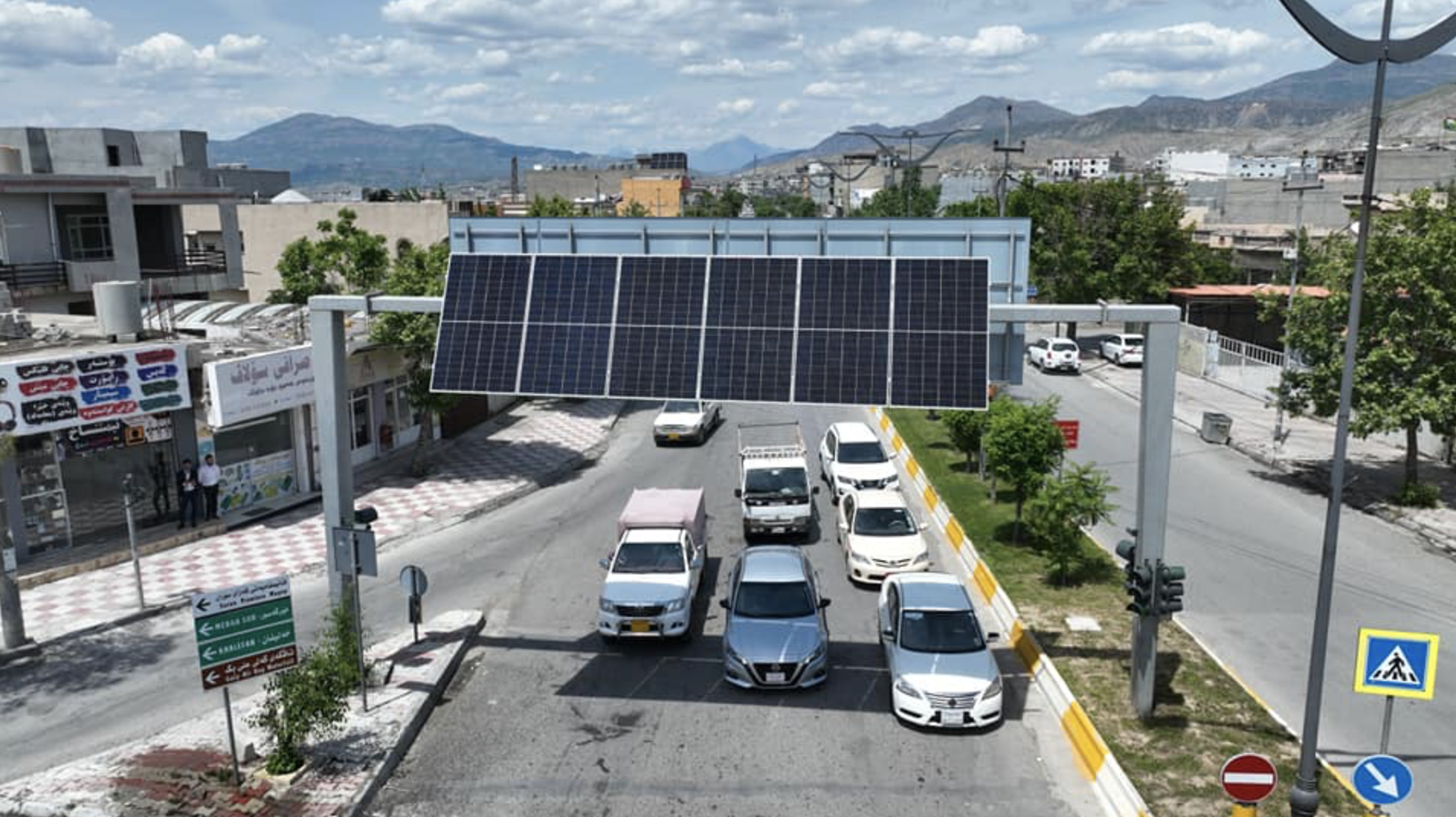
Clean energy production and investment
KRG Minister of Electricity Kamal Mohammad Salih Khalil highlighted the significant strides in clean energy production that have been taken in the Kurdistan Region. “According to data provided by the KRG Ministry of Electricity, clean energy production has increased by 6.75% in the five years since the inauguration of the Ninth Cabinet, rising from 25.6% to 27.4%.”
However, the majority of electricity in the region is still generated by fossil fuel power plants. To address this, the KRG has devised a comprehensive plan to modernize its power-generation facilities with sustainable technologies. The ministry’s statistics indicate that the region is on track to achieve over 31% clean energy in its public grid by the end of 2026.
KRG Board of Investment Chairman Mohammed Shukri stressed the growing focus on clean or renewable energy in the Kurdistan Region. He mentioned that the KRG is collaborating with relevant parties to boost investment in solar power, hydropower, and waste-to-energy to leverage the region’s potential in these areas. To date, two solar projects have been approved by the Board of Investment, with two more under consideration. Additionally, several project proposals have been submitted to the Board of Investment and the Ministry of Electricity, reflecting the significant interest in solar power from both the private and public sectors.
According to Shukri, a joint committee comprising the Board of Investment, the Ministry of Electricity, the Ministry of Municipalities and Tourism, and the Board of Environmental Protection and Improvement (BEPI) was also formed to facilitate the successful implementation of clean energy projects. This committee has made several key recommendations and established principles and rules for solar energy projects, especially regarding land use requirements.
Furthermore, the Board of Investment and the KRG, in partnership with the International Finance Corporation, plan to implement several major clean energy projects in the coming years, with a particular focus on attracting foreign investment.
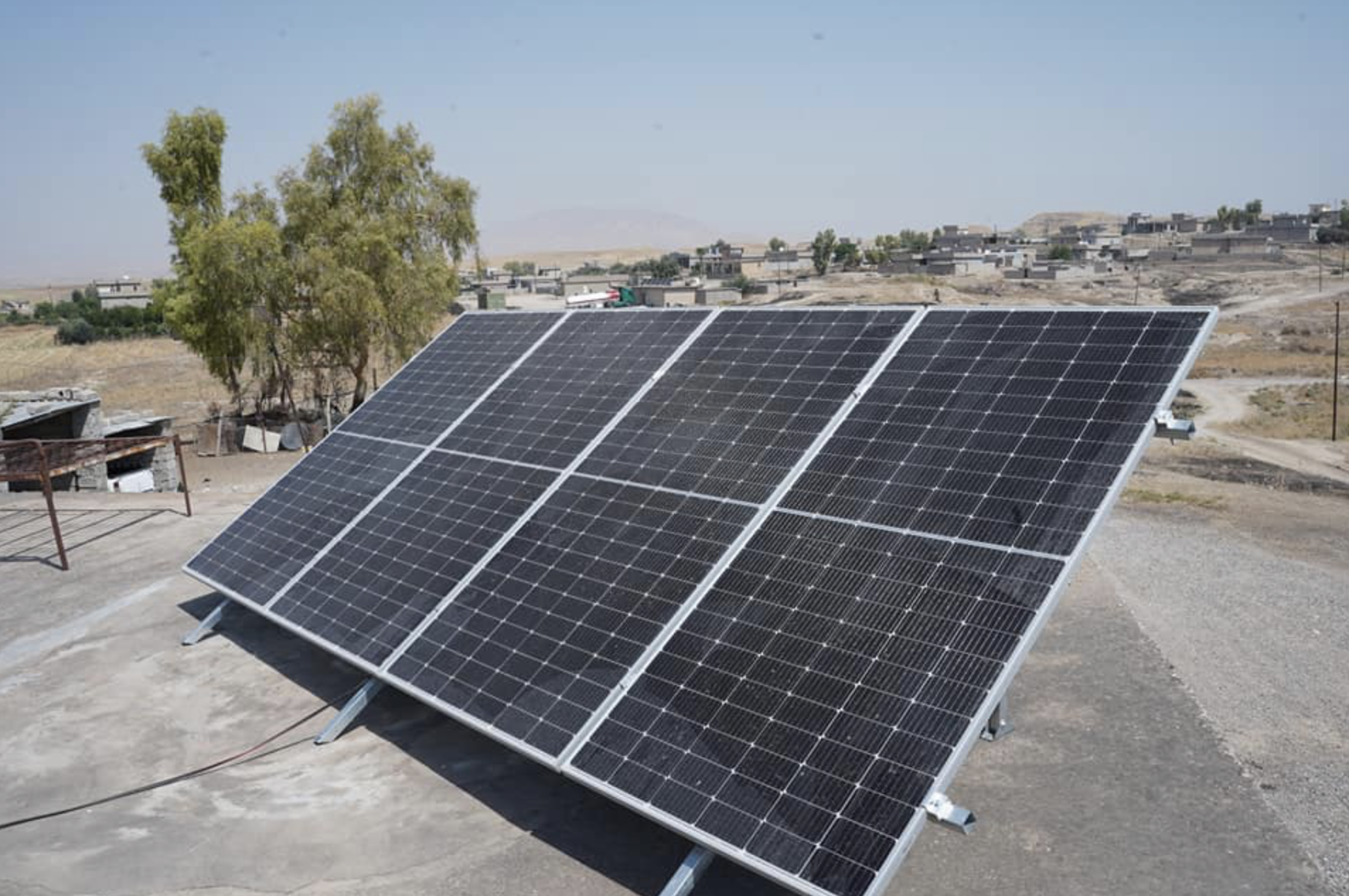
Leadership and international engagement
KRG Prime Minister Masrour Barzani underscored the region’s commitment to clean energy and environmental sustainability at the 2024 Davos World Economic Forum in January. During the forum, he engaged in panels and discussions with officials, political leaders, and entrepreneurs, outlining the key objectives of diversifying the economy, enhancing banking services, finding new markets for agricultural products, investing in minerals, oil, gas, and clean energy, and combating the negative impacts of climate change and drought.
Then, in his speech at the 2024 World Government Summit in Dubai in February, Prime Minister Barzani highlighted the collective desire to address environmental change through a new and different approach. He stressed the need for bold decisions to diversify energy sources and invest in renewable energy and emphasized that the long-term benefits of these decisions would far outweigh the short-term economic costs, protecting future generations and ensuring a sustainable future.
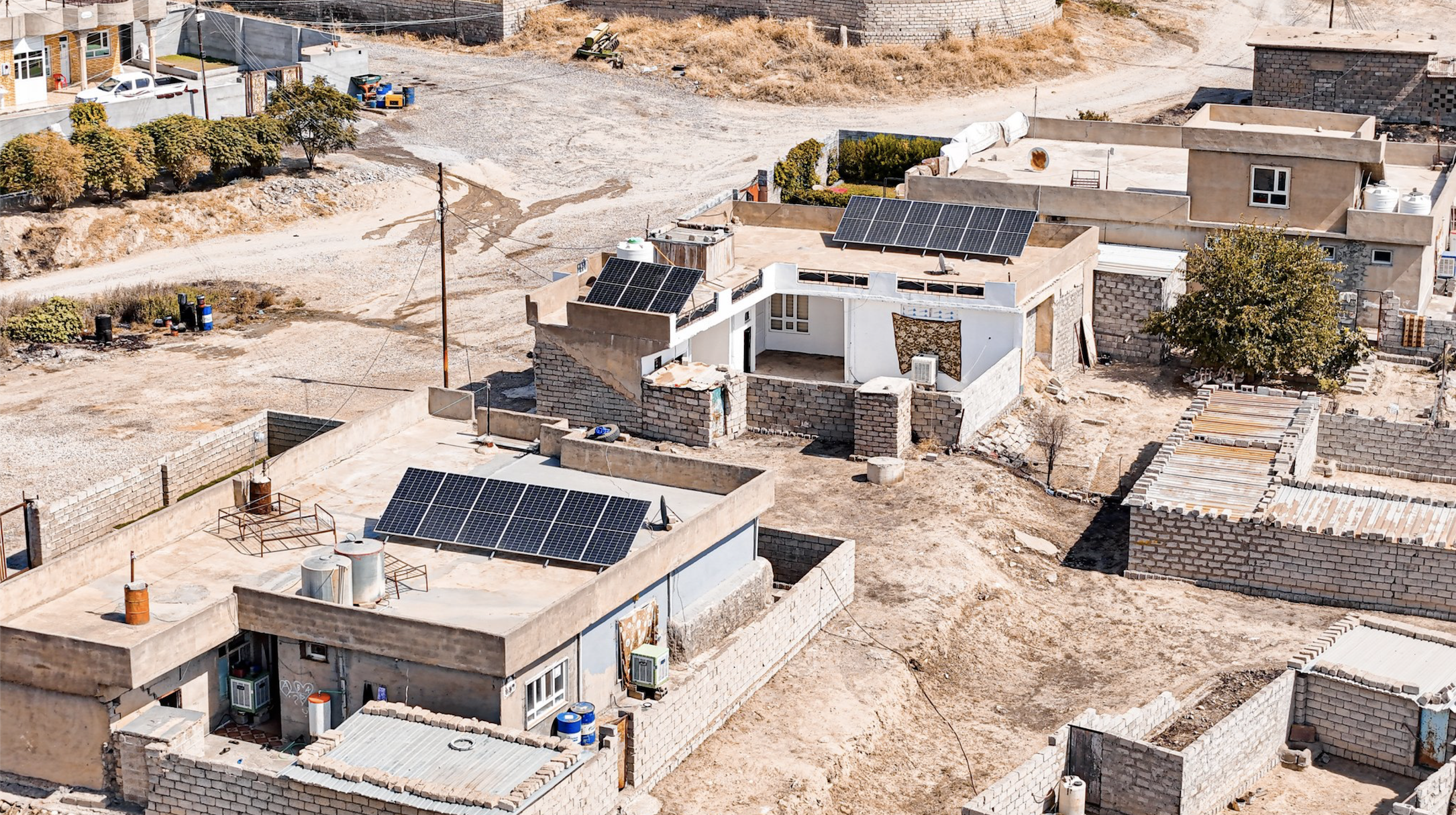
Role of government
KRG Board of Environmental Protection and Improvement (BEPI) Chairman Abdulrahman Sadiq outlined the board’s effective role in promoting clean energy. He stated that although BEPI is not an executive authority, it serves as an monitoring and coordination body, assessing the environmental impact of all projects and coordinating with the relevant ministries and implementing agencies.
BEPI also collaborates with the Board of Investment to facilitate investment in environmentally friendly projects, with project owners required to use clean energy sources to meet a portion of their electricity needs. Moreover, BEPI works with the Ministry of Reconstruction and Housing on the concept of green buildings, emphasizing energy efficiency, natural lighting, good air quality, and the use of renewable energy.
The Ministry of Finance and Economy focuses on green investment projects and promoting a sustainable green economy, while the Ministry of Planning incorporates the recommendations of the Paris Agreement into its annual plans. The Ministry of Natural Resources invests in clean fuels and renewable energy and imports the latest green technology in oil production. Lastly, the Ministry of Electricity aims to increase electricity production from clean energy sources and install treatment units for power plants.
Finally, BEPI plays a key role in raising public awareness about the importance of clean energy, including how the use of solar energy systems can reduce costs and emissions. It also provides tips for maintaining solar panels and reducing electricity consumption by using high-quality panels, installing LED lights, and ensuring proper insulation.
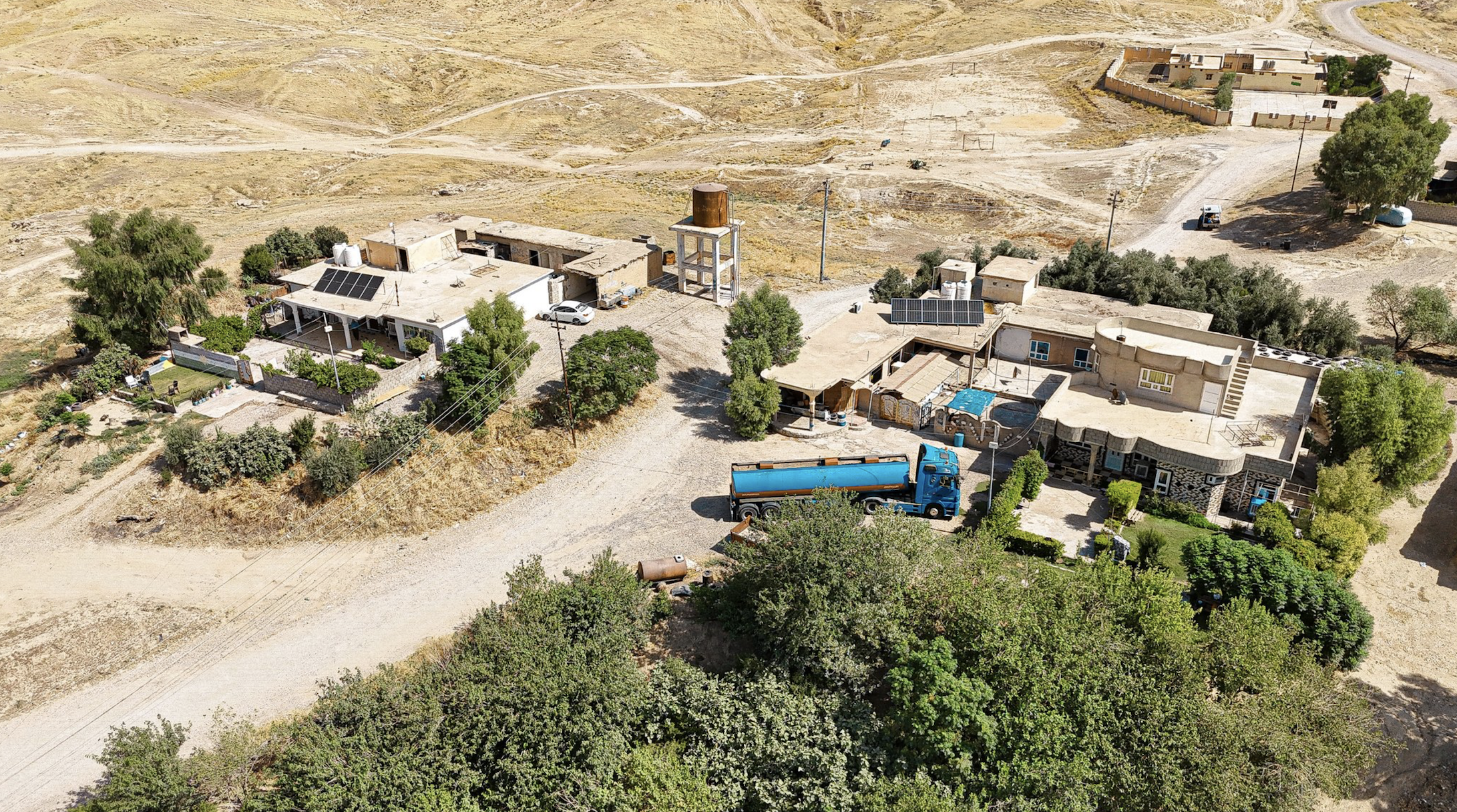
Collaborative efforts
The Ninth Cabinet of the KRG has made significant strides in putting the Kurdistan Region on the global map of efforts to combat climate change. By opening a climate change office within BEPI and participating in international meetings on renewable energy, the KRG is preparing for a future that will change energy production and conservation.
KRG Minister of Education Alan Hama Saeed noted that, since the inauguration of the Ninth Cabinet, 60 schools have been equipped with solar electricity, with 33 of these funded by UNICEF. Meanwhile, the Ministry of Education plans to convert 72 more schools to solar power using the KRG budget. In 2024, an additional 35 schools will be powered by solar energy through UNICEF funding.
Similarly, the village of Enemsidi in Erbil Governorate, located in Mergasur District, has been completely converted to a solar-powered electricity system. Abdullah Ahmad, a resident of the village, expressed his gratitude for the project’s implementation by the government, which has provided the village with reliable electricity day and night.
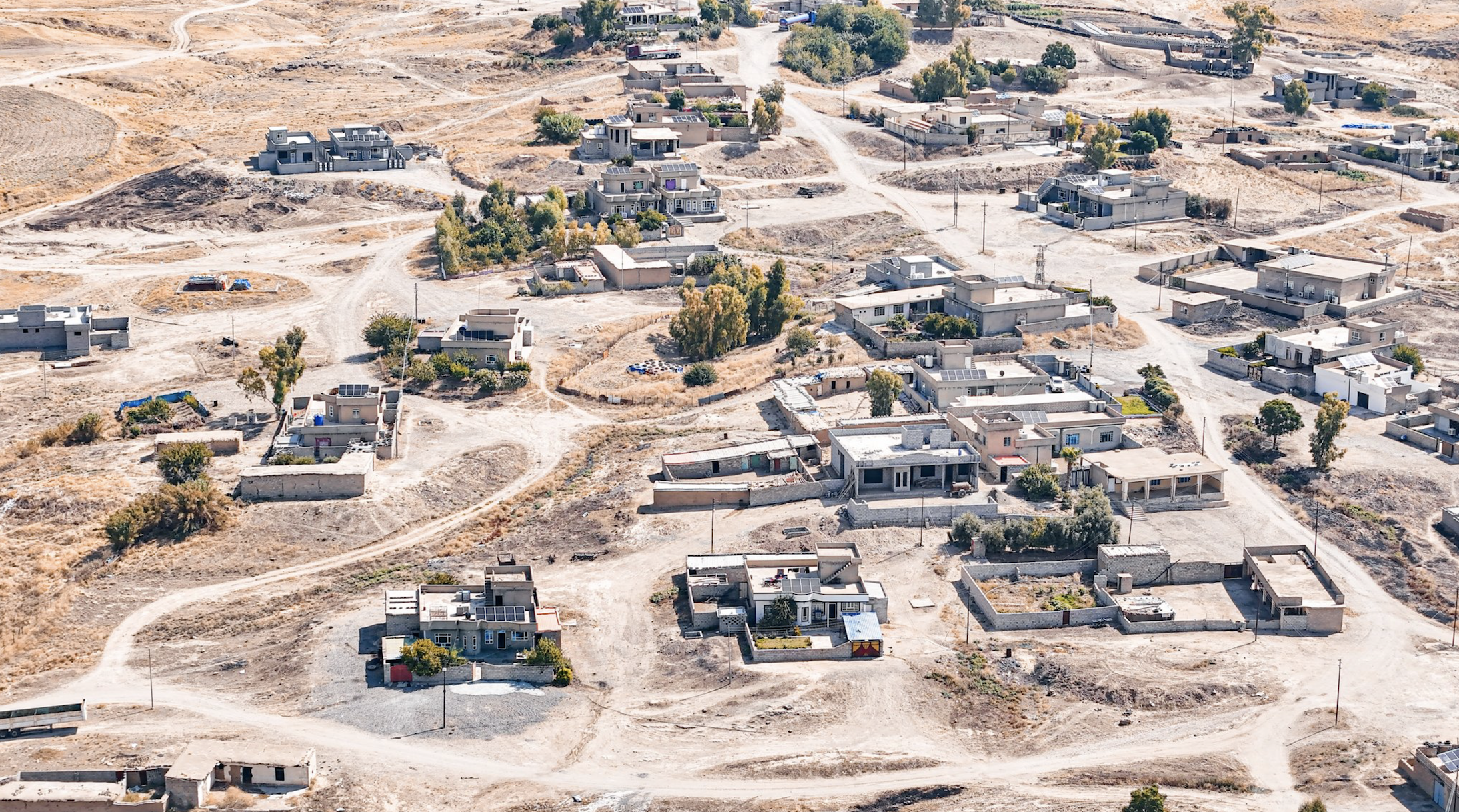
Additionally, the private sector is helping advance clean energy use. Director of Canadian company Sunlid Solar Shaun Ismail highlighted that the company has installed solar-powered street lights in Erbil and provided electricity to refugee camps. The company plans to expand its operations, with the KRG offering significant support and facilities.
The KRG’s strategy for clean energy production is comprehensive and multi-faceted, involving significant investment, international collaboration, and public awareness. With continued efforts and collaboration among all stakeholders, the Kurdistan Region is well-positioned to achieve its strategic goals in clean energy and environmental sustainability.
Sardar Sattar is a translator and journalist based in the Kurdistan Region. He has an MA in English Studies from the University of Lodz, Poland. He has translated several books and political literature into Kurdish and English. He writes regularly for local and international newspapers and journals.
